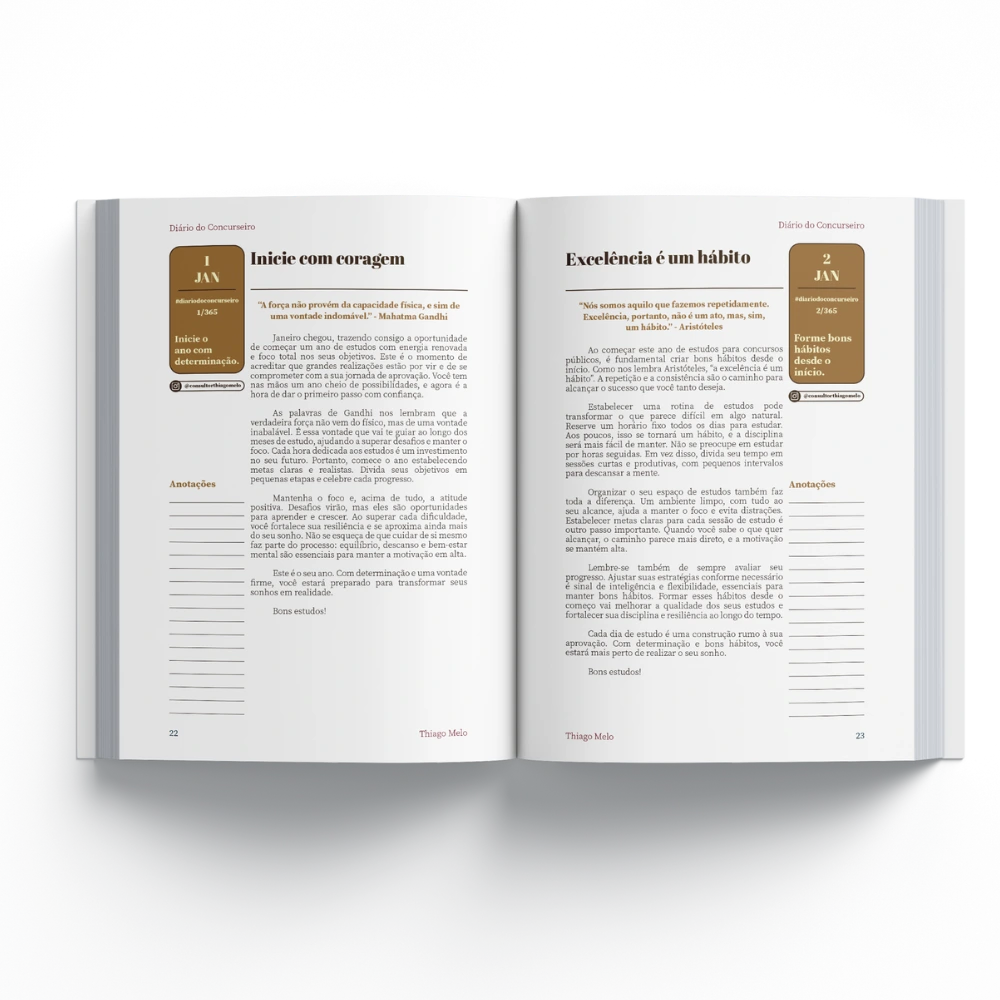What Do Peacocks Eat? Uncovering The Diverse Diet Of These Stunning Birds
Have you ever stopped to truly appreciate the amazing beauty of a peacock? Those shimmering, iridescent feathers and their majestic presence are, well, pretty unforgettable. But have you ever paused to think about what fuels such a magnificent creature? It's a rather interesting question, actually, what do peacocks eat to maintain all that splendor and energy?
These birds, known generally as peafowl, are so much more than just a pretty face in the animal kingdom. They're actually quite clever foragers, and their eating habits play a huge part in how vibrant their colors stay and how healthy they are overall. From their native homes in places like India and Sri Lanka to the hobby farms across Canada and the United States, understanding their diet is, you know, really important.
This guide will take you on a little journey into the diverse and fascinating diet of peacocks. We'll explore their eating habits, what they munch on in the wild, and what you can offer them if you're lucky enough to have them as pets. Knowing what these birds need to eat ensures their health and helps them live long, happy lives, which is, honestly, a great thing for any animal lover.
Table of Contents
- Peacocks: Opportunistic Omnivores with a Palate for Variety
- What Do Domesticated Peacocks Eat? Mimicking Nature
- Ensuring Health and Vibrancy Through Nutrition
- Frequently Asked Questions About Peacock Diets
Peacocks: Opportunistic Omnivores with a Palate for Variety
When you think about what these amazing birds eat, it's actually pretty simple: peacocks are best described as opportunistic omnivores. This means they're not picky eaters at all; they'll basically eat nearly anything they can find, which is quite handy for survival, you know. Their diet is incredibly varied, reflecting their ability to adapt to different environments and food sources.
The Wild Peacock Menu: Foraging for Survival
In their natural habitat, wild peacocks tend to mostly feed on plants and seeds. This is primarily because these items are just so easily accessible, often right there on the ground or within easy reach. They're not going to turn down a good berry bush or a patch of grains, that's for sure. This plant-based portion of their diet forms a significant part of their daily intake, providing essential carbohydrates and some fiber, which is rather important for their digestive systems.
Beyond just plants and seeds, their wild diet includes a whole host of other natural goodies. They'll munch on grasses, various types of leaves, and a wide array of fruits and flowers they come across. It's a pretty diverse salad bar for them out there, isn't it? This variety ensures they get a broad spectrum of nutrients from their environment, which is, well, crucial for their overall well-being and maintaining those stunning feathers.
- How To Ripen Avocados
- Lirik Heart Will Go On
- Sophie Rain Height In Feet
- All You Can Eat Wings Buffalo Wild Wings
- Tun Tun Tun Sahur
Why Insects Are a Peacock's Top Pick
Even though plants and seeds are readily available, peacocks actually prefer to eat insects, and there's a really good reason for this. Insects are incredibly rich in proteins, and these proteins are absolutely crucial for their plumage. You see, those magnificent, iridescent feathers, which can account for over 60% of their entire length, require a lot of protein to grow and stay vibrant. Without enough protein, their feathers just wouldn't look as stunning, which is, you know, a bit of a shame.
Peacocks are not picky at all when it comes to insects. They will readily eat ants, grubs, crickets, worms, and even spiders. They're quite good at finding them, too; these omnivores often scratch around in the soil or dirt, actively seeking out these protein-packed snacks. It's almost like a treasure hunt for them, every single day, which is rather fascinating to watch.
But their insect hunting doesn't stop there. They also consume other small creatures like snails, various invertebrates, and even tiny reptiles. Sometimes, they might even catch small fish if they're near a water source, showing just how adaptable their hunting skills are. This broad range of animal protein sources truly highlights their omnivorous nature and their ability to capitalize on whatever food is available, which is, honestly, a very smart survival strategy.
Regional Delicacies: Seasonal Favorites
What a peacock eats is also somewhat determined by the season and, interestingly, by their specific location. For example, Congo peacocks have a particular fondness for oil palm and African breadfruit, which are local delicacies in their native regions. This shows that while their general diet is broad, they also have specific favorites that are available seasonally or regionally, which is, you know, pretty cool.
Similarly, peacocks living in the Indian state of Gujarat enjoy certain local foods that might not be as common elsewhere. This adaptability to regional food sources is a testament to their opportunistic nature. It just goes to show that these birds are really good at making the most of what their environment offers them, which is, in some respects, a great life skill.
What Do Domesticated Peacocks Eat? Mimicking Nature
If you're thinking about raising peacocks as pets on your small farm or just want to know what to feed a wild peacock that might visit your backyard, it's really helpful to understand their natural diet. Domesticated peacocks aren't all that different from their wild relatives, actually. Like the wild birds, they'll eat nearly anything they can find, so you know, they're not too fussy.
The goal for pet peacocks is to try and mimic their wild diet as closely as possible. This approach ensures they get all the necessary nutrients for their health and, very importantly, for maintaining those vibrant colors and beautiful wings that we all admire so much. Providing quality feed is, honestly, key to their radiant appearance and overall well-being, which is something every peacock owner wants.
Building a Balanced Diet for Captive Peafowl
To build a balanced diet for your captive peafowl, you need to think about variety, just like they'd find in the wild. Their nutritional requirements can change a little bit depending on their age, breeding season, or even the time of year, so, you know, flexibility is important. Offering a mix of foods that cover all their needs is, well, the best way to go about it.
A good foundation for a captive peacock's diet often includes a high-quality game bird feed or poultry feed. These commercial feeds are specifically formulated to provide a good base of essential vitamins and minerals. However, relying solely on commercial feed isn't enough, as it doesn't quite replicate the diversity they'd get naturally. You really need to supplement it, which is, honestly, quite a bit of fun to do.
Remember, nutrition is absolutely key for fresh eggs and healthy meat, even if you're keeping peacocks mostly for their beauty. Getting feeding tips for raising quail, pheasants, and other game birds can actually be quite useful, as their dietary needs often overlap with those of peafowl. Learn more about game bird nutrition on our site for additional insights, which might be very helpful.
Foods to Offer Your Pet Peacocks
To give your peacocks a truly balanced and enriching diet, consider offering a mix of foods that reflect their natural foraging habits. This includes a variety of grains like corn, wheat, and oats, which provide good energy. They also appreciate fresh vegetables such as leafy greens, peas, and chopped carrots, which offer vitamins and fiber, which is, you know, pretty good for them.
Fruits are another welcome addition, providing natural sugars and more vitamins. Berries, apples (without seeds), and melon pieces are usually big hits. Just be sure to offer them in moderation, as too much fruit can be, well, a little rich. And don't forget the protein! Insects, like mealworms or crickets (you can buy these at pet stores), are a fantastic way to give them that essential protein boost, especially for their plumage, which is, honestly, what everyone loves to see.
Even when being kept on farms, peacocks will still seek insects whenever they can, so letting them roam and scratch in the dirt is beneficial. It encourages their natural foraging behaviors and helps them find those protein-rich snacks themselves, which is, in some respects, a very natural way for them to eat. Discover more about peacock care tips to further enhance their well-being.
What to Avoid Feeding Peacocks
While peacocks are generally not picky, there are certain foods you should absolutely avoid giving them. Just like with any animal, some human foods can be harmful. For instance, processed foods, sugary snacks, salty items, and anything with artificial ingredients should be kept far away from their diet. These offer no nutritional value and can cause health problems, which is, you know, something we definitely want to prevent.
Also, avoid feeding them avocado, chocolate, caffeine, and alcohol, as these are toxic to many birds. Large amounts of citrus fruits can also cause digestive upset. Always make sure any plant matter you offer is not treated with pesticides or herbicides, as these chemicals can be very dangerous. It's really about being mindful and sticking to natural, wholesome foods, which is, honestly, the best approach for any pet.
Ensuring Health and Vibrancy Through Nutrition
Understanding what peacocks eat is, honestly, a fundamental part of caring for these amazing birds. Their diet is truly diverse, reflecting their nature as opportunistic omnivores. From the grains and plants they forage in the wild to the insects they actively seek out for protein, every part of their diet contributes to their stunning appearance and overall health. Providing a balanced diet, whether they are wild visitors or cherished pets, is, you know, essential.
By offering a mix of suitable foods and understanding their natural preferences, you can ensure your peafowl remain healthy, vibrant, and continue to display those breathtaking feathers that make them one of the most attractive creatures on the globe. It’s about more than just feeding them; it’s about nurturing their natural instincts and giving them what they need to thrive, which is, really, a wonderful thing to do.
For more detailed information on game bird nutrition and care, you might find resources from reputable agricultural universities or avian veterinary associations helpful. For example, the USDA APHIS offers guidance on poultry health, which is, you know, a good place to start for general bird care principles.
Frequently Asked Questions About Peacock Diets
People often have questions about what these beautiful birds eat. Here are some common inquiries:
What are peacocks' favorite foods?
Peacocks absolutely love insects! They're particularly fond of ants, grubs, crickets, and worms because these are packed with protein, which is, you know, super important for their gorgeous feathers. They also enjoy a variety of berries, seeds, and fresh greens, which is, honestly, a pretty good mix.
Do peacocks eat meat?
Yes, peacocks do eat meat, but not in the way you might think of a predator. As omnivores, their diet includes small creatures like insects, worms, snails, spiders, and even tiny reptiles or small fish. These animal proteins are a vital part of their diet, especially for their nutritional requirements, which is, you know, quite interesting.
What should I not feed a peacock?
It's best to avoid giving peacocks processed human foods, sugary snacks, salty items, and anything with artificial ingredients. Foods like avocado, chocolate, caffeine, and alcohol are also harmful. Always ensure any plant matter is free from pesticides, which is, honestly, a very important safety measure.
- How To Remove Acrylic Nails
- How Do You Spell
- How To Cook Scallops
- 4 Guard Buzz Cut
- Michael B Jordan Girlfriend

Do Button, Do Camera, and Do Note, A Trio of Incredibly Simple Mobile

Do

Diário do Concurseiro